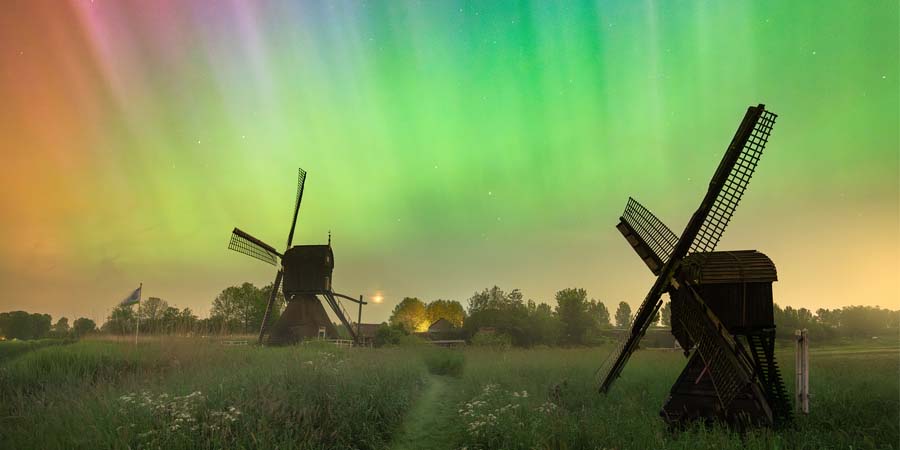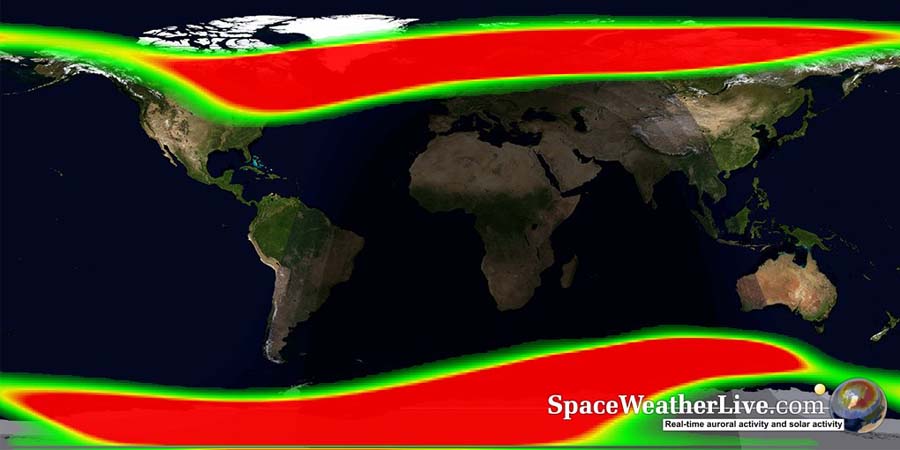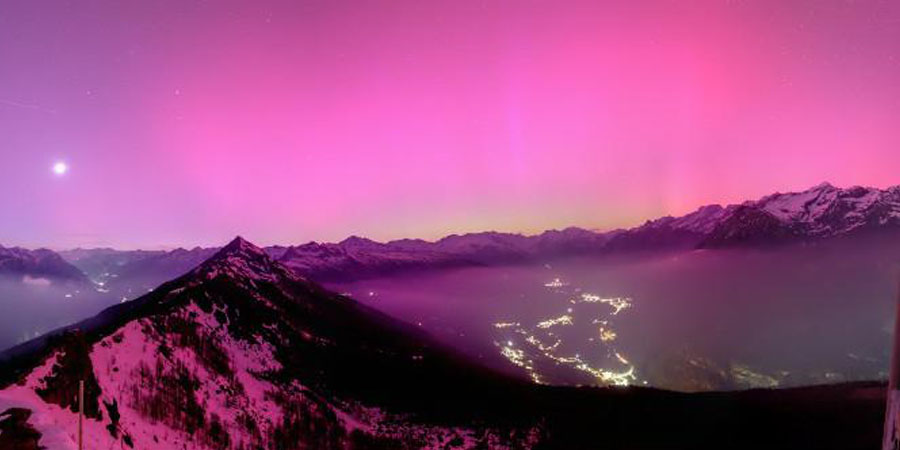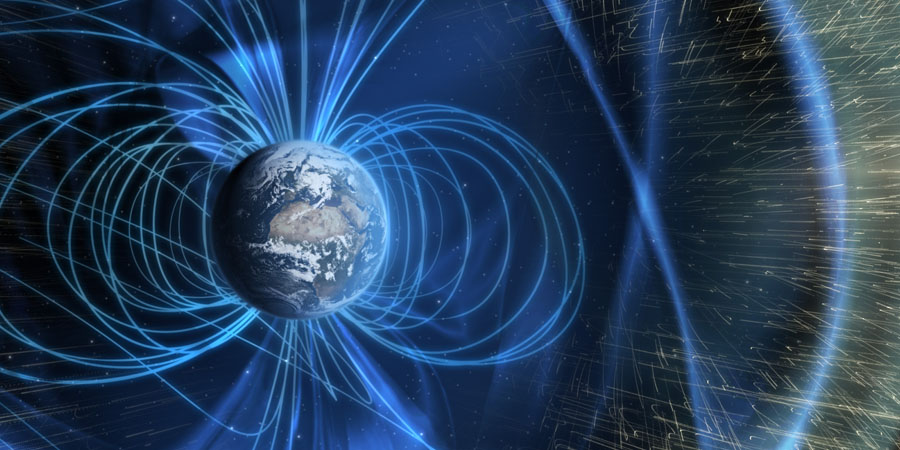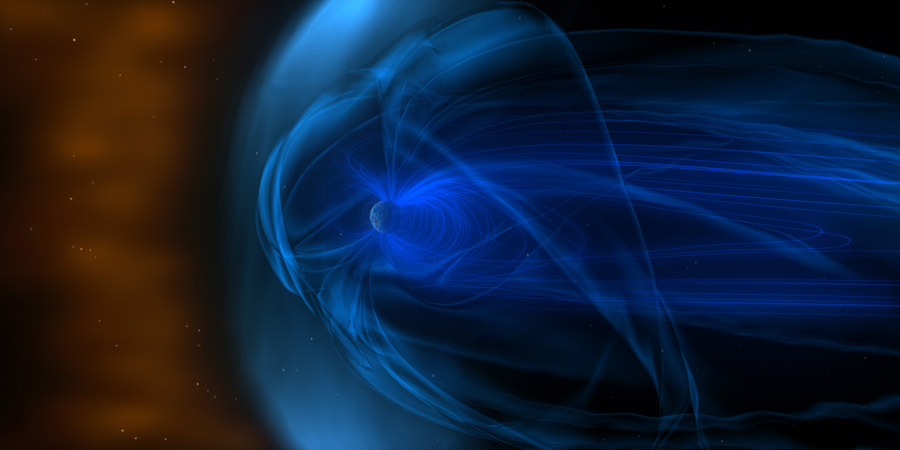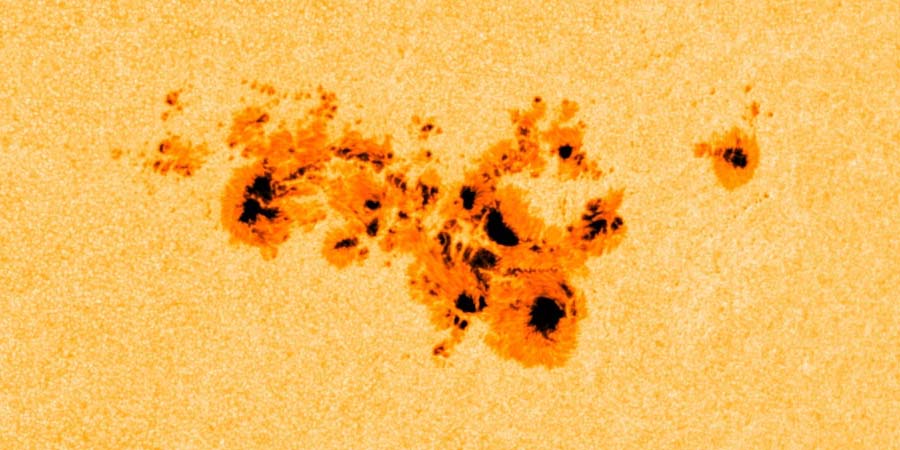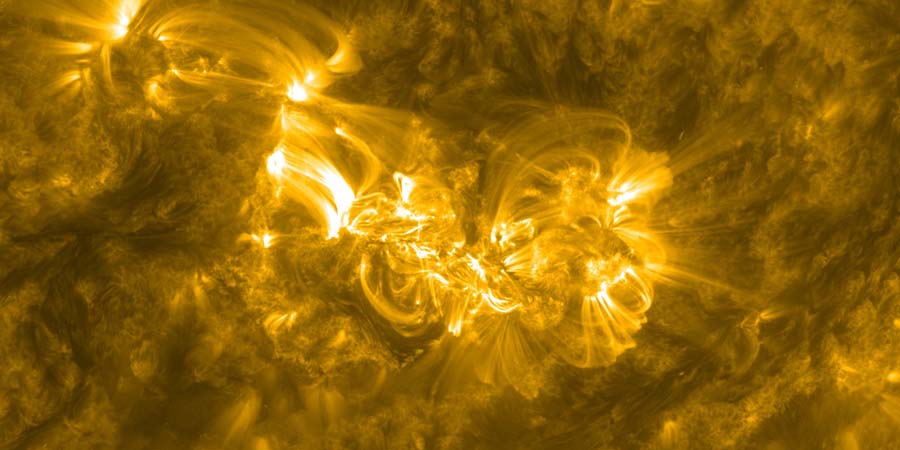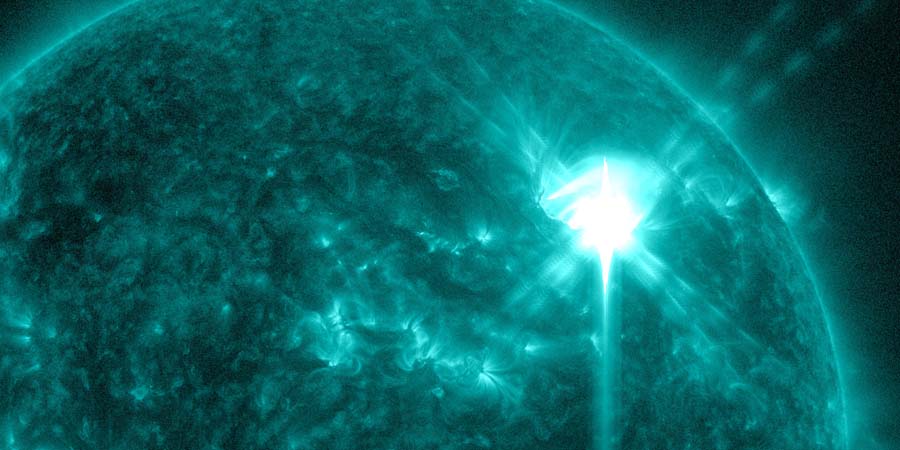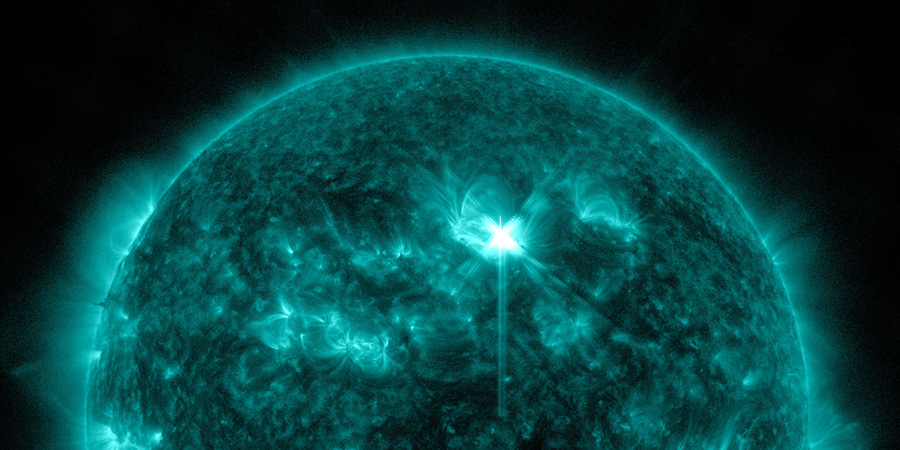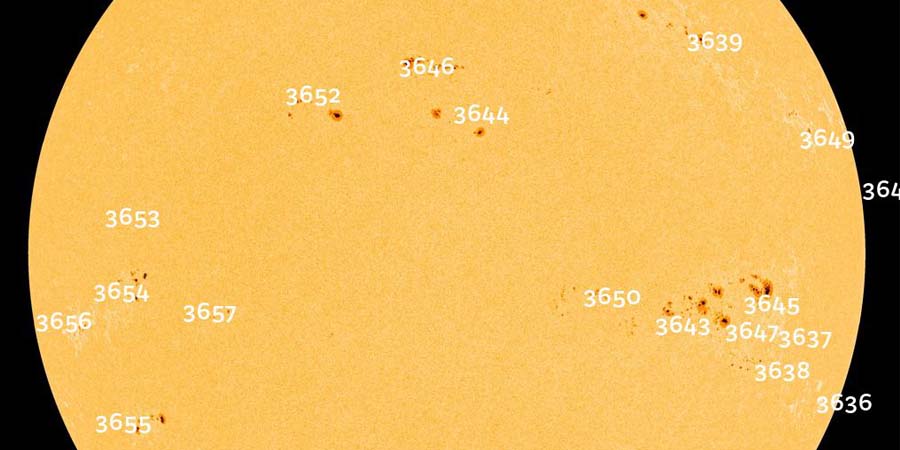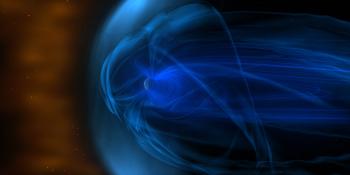Latest news updates Subscribe
Strongest geomagnetic storm since 2003, X5.8 solar flare
sobota 11. května 2024 13:08 UTC
The geomagnetic storm that commenced yesterday will go down in the record books as the strongest geomagnetic storm since the Halloween Solar Storms of 2003. The May 2024 storms thus far peaked at a Dst of -412 nT.
Extreme G5 geomagnetic storm
sobota 11. května 2024 00:14 UTC
For the first time since the Halloween Solar Storms of 2003 we have now officially reached the Extreme G5 geomagnetic storm threshold at 22:54 UTC.
Severe G4 geomagnetic storm
pátek 10. května 2024 22:12 UTC
Intense geomagnetic storm conditions continue with yet another period where we reached the severe G4 geomagnetic storm level which equals a Kp of 8. Aurora displays have been reported from all over Europe. Even locations as far south as Austria and Switzerland are seeing some amazing aurora as you can see on this image overlooking the Swiss alps.
Coronal mass ejection impact, Severe G4 geomagnetic storm possible!
pátek 10. května 2024 17:04 UTC
Impact! The first of a total of up to six coronal mass ejections has now arrived at the DSCOVR satellite and will arrive at Earth within the next 30 minutes.
CME impact imminent, Two more earth-directed CMEs
pátek 10. května 2024 15:46 UTC
A quick update on the current solar activity and the expected geomagnetic conditions in the coming days.
Severe G4 geomagnetic storm watch
čtvrtek 9. května 2024 18:34 UTC
Sunspot region 3664 which is easily the most complex sunspot region of the current Solar Cycle thus far continues where it left of yesterday, producing countless of M-class solar flares today and three X-class events (X1.0, X2.2 and X1.1). It remains an extremely complex sunspot region which has the potential to produce more major solar flares, perhaps even exceeding X5 or even X10.
Sunspot region 3664, major flares and CMEs!
středa 8. května 2024 18:09 UTC
What a day! Sunspot region 3664 and 3668 have merged into a very complex sunspot cluster which has been producing a ton of M-class activity and even two X1 events. The first of these two X-class solar flares was unremarkable but the second X1 solar flare produced a coronal mass ejection with an earth-directed component but more on that later. We are also going to take a look at an M-class event which also produced a coronal mass ejection. A lot to go over today!
X4.5 solar flare
pondělí 6. května 2024 18:32 UTC
Sunspot region 3663 celebrates the start of a new week with a massive X4.5 (R3-strong) solar flare. This is the third strongest solar flare of solar cycle 25 and the strongest solar flare produced by this sunspot region thus far. Sounds great right? When will I be able to see aurora I hear you ask...
Sunspot region 3663, X1 solar flare
sobota 4. května 2024 07:24 UTC
Sunspot region 3663 has developed into a complex sunspot region over the past few days with a Beta-Gamma-Delta magnetic layout. This complex magnetic layout already produced countless of M-class solar flares and one X1.6 solar flare which is going to be the focus of this article.
Lot's of sunspots! Big chance for major flare activity?
pondělí 22. dubna 2024 21:58 UTC
Our Sun is peppered with numbered sunspot regions at the moment... 18 to be precise! This adds up to a sunspot number of 283 which is very high.
Poslední zprávy
Nejnovější zprávy na fóru
Podpora SpaceWeatherLive.com!
Mnoho lidí přichází do SpaceWeatherLive, aby sledovali aktivitu Slunce nebo pokud je vidět polární záři, ale s větším provozem přicházejí i vyšší náklady na server. Zvažte dar, pokud vás baví SpaceWeatherLive, abychom mohli udržovat web online!

Fakta o počasí ve vesmíru
| Poslední X-záblesk | 28. 03. 2025 | X1.1 |
| Poslední M-záblesk | 22. 04. 2025 | M1.3 |
| Poslední geomagnetická bouře | 21. 04. 2025 | Kp5+ (G1) |
| Dny bez skvrn | |
|---|---|
| Poslední den bez skvrn | 08. 06. 2022 |
| Průměrný měsíční počet slunečních skvrn | |
|---|---|
| března 2025 | 134.2 -20.4 |
| dubna 2025 | 124.6 -9.6 |
| Posledních 30 dnů | 121.2 -9.9 |
